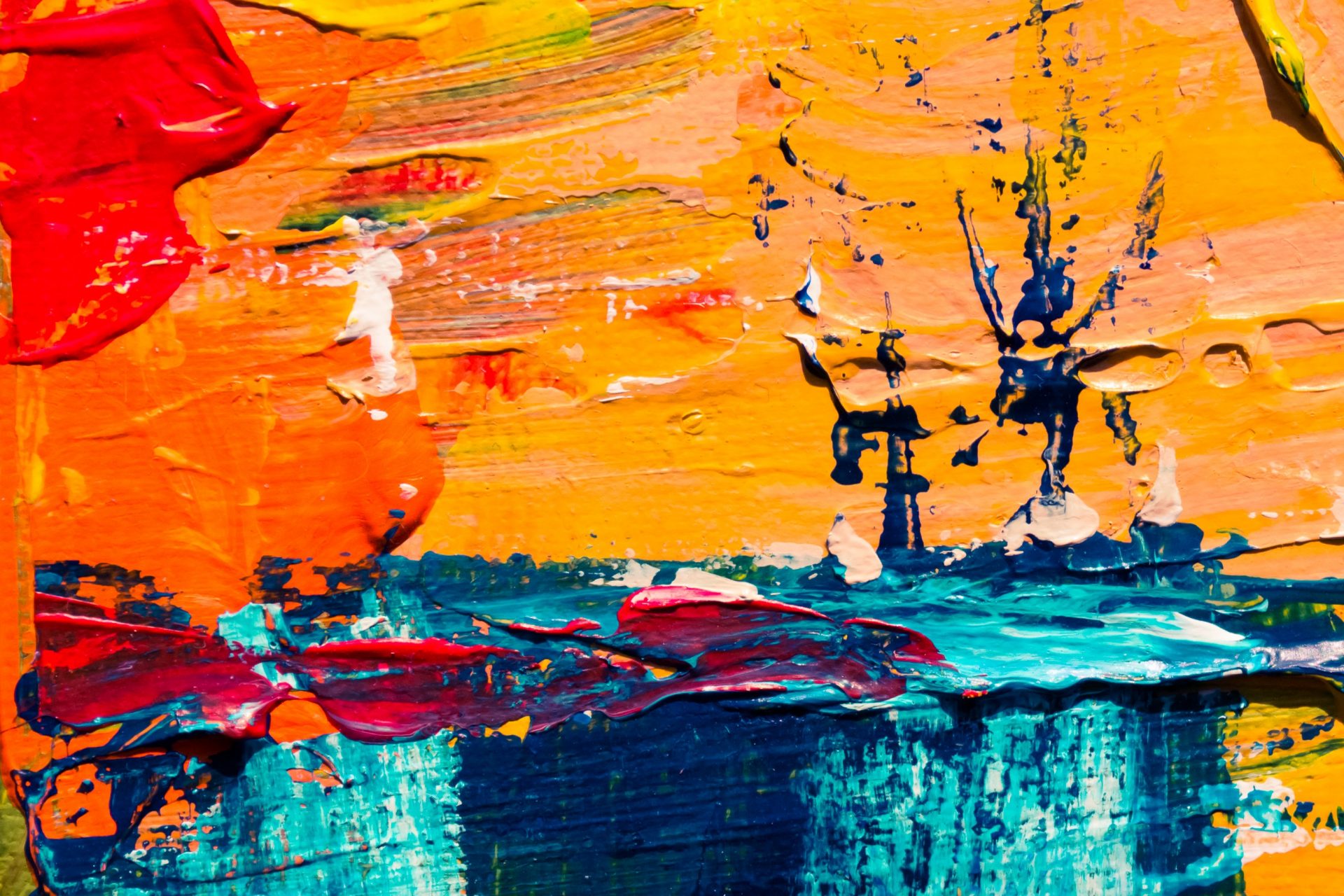It was a great joy to continue our third season talking to Dr Ian Williams & Dr Muna Al-Jawad about graphic medicine and the intersection between the medium of comics and the discourse of healthcare. We also delved into influences on graphic medicine from the wider field of medical/health humanities – including education theory, postcolonial theory and queer theory.
Here are some of our key takeaway messages from the conversation and some good reasons why you should listen to the podcast to find out more about Muna and Ian’s fascinating work.
The power of comics
The graphic medicine movement has had a great impact on the field of medical & health humanities. Ian and Muna give us valuable insights into why comics are such a powerful medium, and of great relevance to health contexts. We spoke about how comics uses a “hybrid language” that combines words and images. Skilled comics artists are able to play to the strengths of this language and make complex ideas easier and faster to process. A lot of information can be compressed into a panel – and certainly a sequence of panels – which has the power to give voice to a variety of perspectives in a condensed form.
Read more comics
All the more reason for all of us to pay close attention to the work of comics artists. Fortunately, Ian and Muna gave us some great pointers. We learned a lot about contemporary autobiographic comics, which provide insights into various stories of illness experience. We also found out about the medium’s subcultural roots in the alternative comics of the fifties and sixties. Our guests also shared insights about their own practice. Among other things, Muna explained how she uses comics in her teaching and supervision of medical students, for example as a means that helps students from a working class give voice to their experiences. Turn to Muna’s website for more info and examples from this project and others! And, of course, we’re all early anticipating the release of Ian’s next instalment in his graphic trilogy, The Sick Doctor.
Imposter syndrome revisited (again)
Among the things we’re most proud of in our Conversations series, is providing a platform where we can talk about insecurities. Imposter syndrome is one of our favourite topics. Ian and Muna, who are both medically trained, added to this ongoing story by relating how they used to try to refer to high theory in considering their work in academic settings. Conversely, they also told us how many people are initially embarrassed about making their own comics, because they don’t consider themselves good illustrators. Comics can transcend so many boundaries, and meaning is not dependent upon the perceived quality of artwork. Rather, meaning is coproduced by artist and reader across time and space as words and pictures, and the spaces between them, provoke and create new thinking, creating a unique encounter. This transfer and sharing of meaning is powerful, and we think those delivering it should be proud.
Our brief summary comes nowhere near capturing the vibrancy of our conversation and the many insights Ian and Muna shared with us – so do tune in to the podcast to hear the rest!
Dieter and Ian
